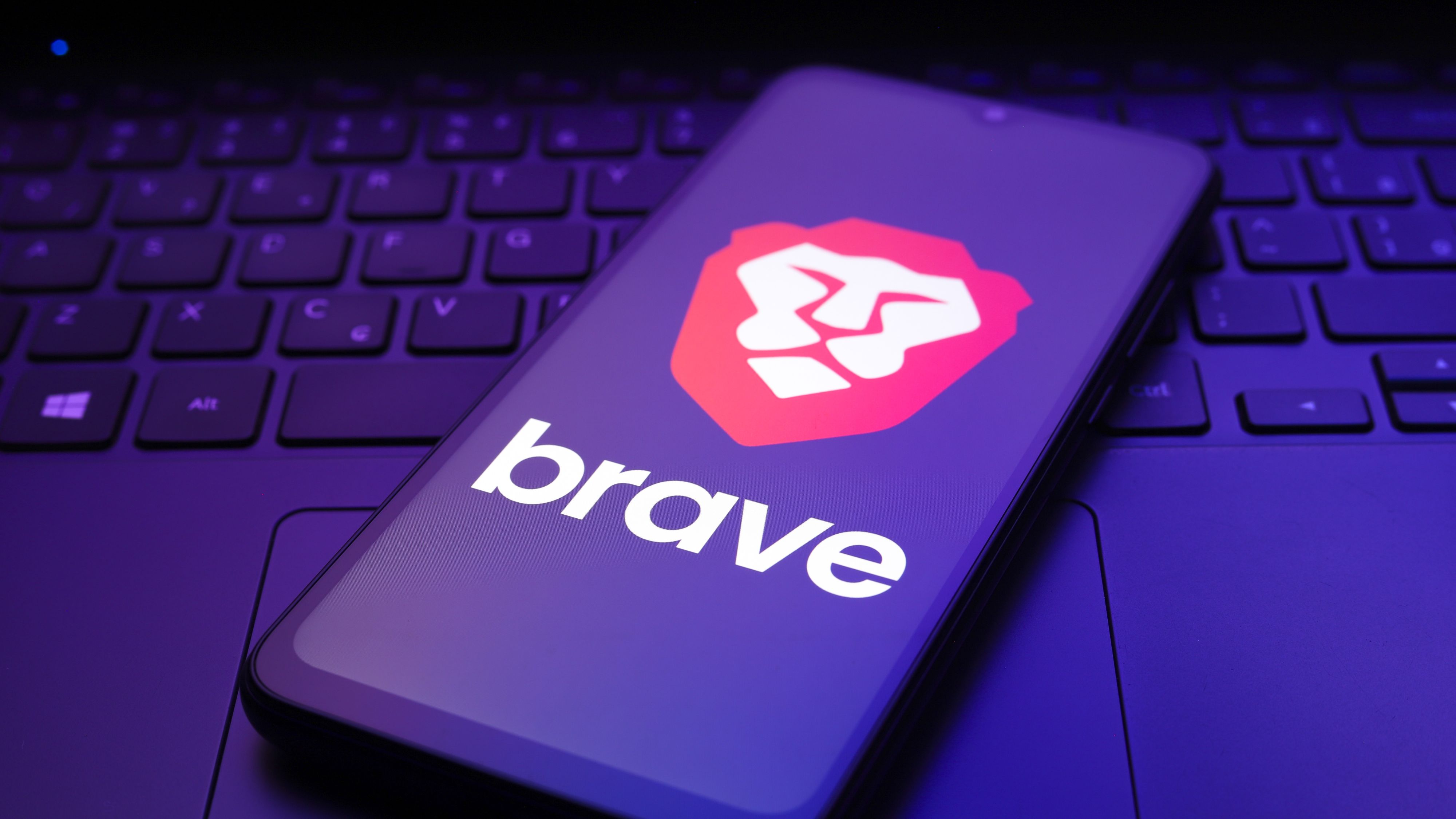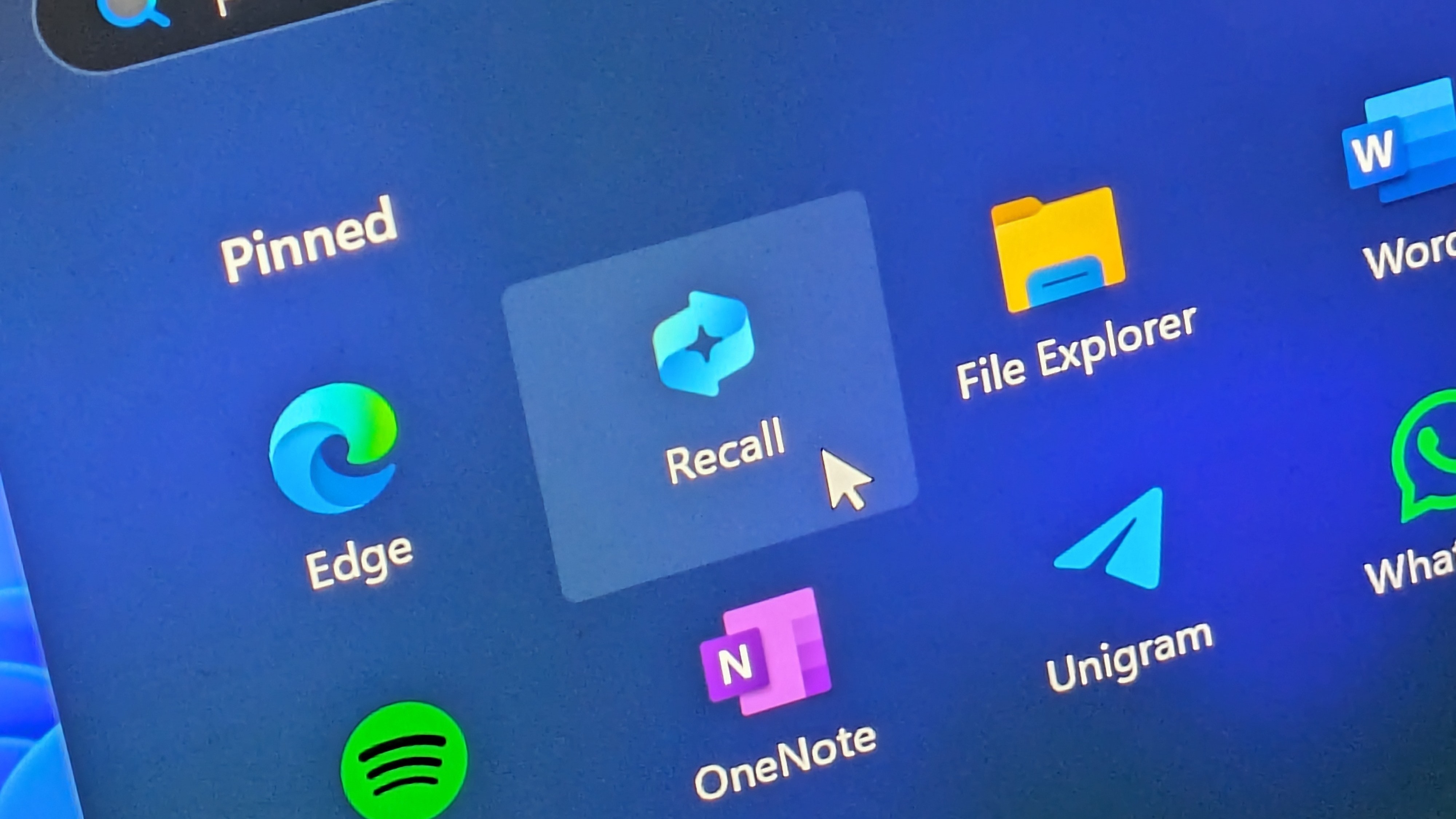AdGuard joins the Windows Recall backlash party — "Leaving backdoors wide open and hoping Microsoft will always act in good faith isn’t a solid privacy strategy"
Following in the footsteps of the Brave browser and Signal, AdGuard for Windows now introduces a new feature that explicitly blocks Windows Recall from capturing snapshots of your PC.

All the latest news, reviews, and guides for Windows and Xbox diehards.
You are now subscribed
Your newsletter sign-up was successful
Windows Recall is arguably Microsoft's most controversial feature, deemed by experts as a PR disaster and security nightmare. Last year, the company announced a handful of next-gen AI features as part of the 24H2 release, including Windows Recall, Live Captions, and more.
However, the company faced backlash for shipping the feature without having elaborate security measures to protect the users' privacy from sophisticated attacks deployed by bad actors.
For context, Windows Recall is an AI-powered feature that acts like your PC's photographic memory and captures snapshots of everything you see and do. The experience runs on-device NPU (neural processing unit) and doesn't rely on the cloud for any of its functionalities for privacy, security, and performance.
It's also worth noting that these flagship AI features are limited to Microsoft's Copilot+ PCs, which the company has been pushing for as the go-to device for upgrading to Windows 11 as Windows 10's end-of-life edges closer (even making bold claims that tout Copilot+ PCs as 5x faster than a 5-year-old Windows device).
Finally, Microsoft shipped Windows Recall to broad availability to all Copilot+ PCs in April 2025. The company highlighted elaborate measures it has put in place to protect users from previously highlighted security concerns, including isolating it in a "VBS Enclave" (making it unreadable to third-party apps) and filtering out sensitive information like passwords and credit card details.
While Microsoft has ramped up Windows Recall's security with elaborate measures like making Windows Hello a mandatory requirement, several platforms are seemingly not convinced that this will be enough, prompting them to take matters into their own hands.
For instance, Signal, a messaging platform, now ships with a new feature that blocks Windows Recall from capturing snapshots of the app:
All the latest news, reviews, and guides for Windows and Xbox diehards.
"Although Microsoft made several adjustments over the past twelve months in response to critical feedback, the revamped version of Recall still places any content that’s displayed within privacy-preserving apps like Signal at risk. As a result, we are enabling an extra layer of protection by default on Windows 11 in order to help maintain the security of Signal Desktop on that platform even though it introduces some usability trade-offs. Microsoft has simply given us no other option."
Brave, the privacy-centric web browser, recently took a similar approach. Windows Recall will now be blocked by default and only available to Brave users on an opt-in basis:
"Microsoft has said that private browsing windows on browsers will not be saved as snapshots. We’ve extended that logic to apply to all Brave browser windows. We tell the operating system that every Brave tab is ‘private’, so Recall never captures it. This is yet another example of how Brave engineers are able to quickly tweak Chromium’s privacy functionality to make Brave safer for our users."
AdGuard joins the Windows Recall hate train
AdGuard is arguably the most advanced ad blocker, designed to protect user privacy. The platform recently shipped a new update to protect its users against user tracking (via XDA Developers). The latest update for AdGuard for Windows ships with a new feature called Disable Windows Recall.
According to AdGuard:
"Right now, it’s only relevant for those using the latest Microsoft Copilot+ PCs — but it’s worth learning about even if you don’t own one yet. These machines will likely become mainstream sooner than we think."
While Microsoft has added a host of new security measures to make Windows Recall privacy-friendly, AdGuard says "that doesn’t quite cut it."
PINs are easy to crack, and filters may fail to detect sensitive content. Leaving backdoors wide open and hoping everything works as intended — or that Microsoft will always act in good faith — just isn’t a solid privacy strategy.
AdGuard
As such, the platform is adding a new feature to its settings section dedicated to blocking Windows tracking. Users with Microsoft's Copilot+ PCs can navigate through Tracking Protection — Disable Windows Recall to disable the feature from from taking snapshots of everything you do on your PC.

Kevin Okemwa is a seasoned tech journalist based in Nairobi, Kenya with lots of experience covering the latest trends and developments in the industry at Windows Central. With a passion for innovation and a keen eye for detail, he has written for leading publications such as OnMSFT, MakeUseOf, and Windows Report, providing insightful analysis and breaking news on everything revolving around the Microsoft ecosystem. While AFK and not busy following the ever-emerging trends in tech, you can find him exploring the world or listening to music.
You must confirm your public display name before commenting
Please logout and then login again, you will then be prompted to enter your display name.

